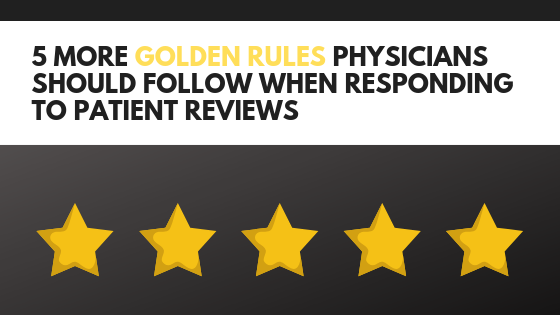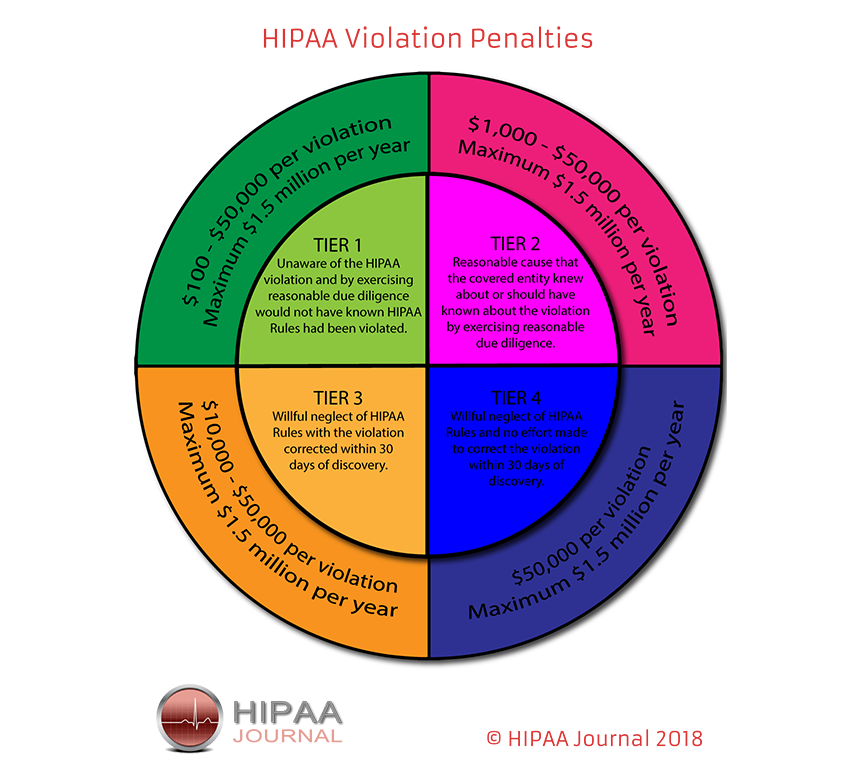There’s a lot to unpack. Let it be said Medical Justice understands reputation management for doctors viscerally. And we understand the regulatory landmines most others do not. Our strategies are designed to promote your practice and keep you out of the crosshairs.
Schedule a consultation to learn how we can help.
Let’s begin with the basics.
Reputation Management for Doctors – What is it?
This phrase has multiple definitions. Here’s the one that matters. Reputation management for doctors refers to strategies that increase the likelihood your quality of care is portrayed accurately.
Simplified: Any action that makes you look good (assuming, of course, you are delivering high quality care).
Reputation management for doctors can be broken into two categories: offline reputation management and online reputation management. Offline reputation management refers to actions specific to your brick-and-mortar practice (for example, the three A’s: affable, able, and available). Online reputation management refers to digital properties that influence how you are perceived on the internet.
To thrive, you must take ownership of both. We’ll explain how.
What is a doctor’s offline reputation?
The cornerstones of any doctor’s reputation are laid offline. Your reputation is the fruit of human-to-human interactions.
Develop your offline reputation by establishing professional rapport with your patients and staff. Do your best to be a great doctor. Practice according to the standard of care. Don’t cut corners. Don’t leave patients in the dark. Over-communicate. Set the correct expectations before, during, and after a patient’s treatment. Be transparent. Provide patients with a clean environment. Optimize wait-times. And if you are surprised by an unfavorable outcome, be upfront. Yes, there’s more. But you get the picture. Treat your patients the way you’d want to be treated.
What is a doctor’s online reputation?
A doctor’s online reputation is the summation of that doctor’s perceived quality of care, limited to data points published online. Put simply: How a given doctor looks according to Google.
Your online reputation is influenced by every online property that has your name on it. For example, your website, your social media, and your patients’ online reviews all contribute to your online reputation.
Positive or negative, accurately or inaccurately, those properties define you online.
And if there is nothing on the internet with your name on it, you have no online reputation. You’re invisible. And that’s a problem.
The bigger challenge: A doctor with a great reputation is not guaranteed to have a great online reputation. What gives?
The internet moves quickly. Technology moves quickly. And doctors are preoccupied with being doctors. Not every great doctor has a great website. And not every great doctor is equipped to safely, compliantly, and conveniently facilitate publishing of patient sentiment online. A doctor with no website and few reviews will have a harder time standing out online because there is little evidence that he exists online. And search engines (such as Google) cannot supply patients with information about a physician who does not exist online.
Recall our prior definition: A doctor’s online reputation is limited to data points published online.
Therefore, if you want to capitalize on your online reputation, it is critical you understand the advantages of maintaining a high-quality website and empowering your patients to share their experiences online.
Why should I care? What’s the advantage of developing my online reputation?
Reason one: Patients are using the internet more and more to inform their healthcare decisions. Patients seeking elective care are especially attuned to a doctor’s online reputation. A physician with a strong online reputation (a well-maintained website and favorable online reviews) will be perceived as “the right choice” by new patients.
Reason two: Google is not omniscient. You’ve heard the joke: “Google knows everything.” But that’s not true. Its library of knowledge is limited to the content that human beings publish online. Just because you exist does not mean Google knows you exist. If a doctor has no online properties, as far as the internet is concerned, he doesn’t exist. (This would probably drive René Descartes mad.) This means that patients seeking the kind of care you provide will not find you. They’ll find a competitor. Doctors taking ownership of their online reputations will be found more easily by those patients using the internet to identify qualified providers. A doctor who ignores the online world cannot capitalize on the same opportunities. That doctor is limited to opportunities generated via alternative, and less effective, marketing methods.
Before improving any metric, you must establish a benchmark. You must answer the question: “How do I look now?” Gathering this data alone is challenging. Leave that to us. Request an online reputation analysis. We’ll scan the internet and compile your existing patient reviews into a single report. Our report will identify where you excel and reveal opportunities for growth.
What role does your website play in a doctor’s online reputation?
Think of your website as your brick-and-mortar practice’s digital twin. You cannot develop your offline reputation without a brick-and-mortar practice. A doctor lacking a website can still thrive online if he focuses on online reviews. But having a website dedicated to your work can only help you – provided the website is well-maintained.
What role do patient reviews play in a doctor’s online reputation?
Patient reviews (positive and negative) represent your perceived quality of care online. These imperfect metrics are used by patients to evaluate physicians. You deny this evolving truth at your own peril. The more of these reviews online, the more likely a patient will perceive your quality of care accurately. A doctor with few online reviews is at risk of being defined inaccurately. Why? Such a doctor has no counter-narrative. It is the digital equivalent of the heckler’s veto, whose voice drowns out others.
We’ve had many clients contact us with questions specific to toxic reviews published by non-patients. These reviews were written by ex-spouses or former employees who left on bad terms. We’ve devised strategies for managing these situations, but the best strategy is as follows: The solution to pollution is dilution.
If a doctor’s patients populate the internet with reviews in advance of a bad outcome, the likelihood the doctor will be defined by that bad outcome is low.
Search engines (such as Google) seem to play a key role. How can I make Google “work” for my practice?
Put more stuff with your name on it on the internet. It sounds crude, but that is the solution. The implementation is tricky. To understand why, it is necessary to briefly discuss how search engines work.
First: The job of a search engine is not to ask questions. Its job is to answer questions. A search engine is like a librarian. Let’s pretend a patient asks Google a question specific to plastic surgeons in his geographic area. Let’s assume this patient lives in Miami, FL. He submits the search query below…
“best plastic surgeons miami florida”
It is Google’s job to assemble a list of websites, patient reviews, and articles that it “thinks” are most relevant to the patient’s question. But Google can’t tell the user where to go or with whom to schedule an appointment. It can only present data points. The decision making is left to the human being.
Therefore, it is critical that doctors, particularly those specializing in elective care, take steps to manage their online reputations. If there is little or no information about you online, there is little for Google to report. You won’t show up. Possibly worse – if the only patient review attached to your name was published by an angry patient, that review, young or old, becomes your reputation.
As we said previously, Google is not omniscient. It cannot fact check. It can only report data points published by its human masters.
The most reliable way to make Google “work” for your practice is to take the following actions…
Deputize your patients to post online about their experiences…
Update your website so that it accurately reflects your current offerings and expertise…
Collaborate with colleagues. Consider producing content (articles, videos, podcasts) specific to you and your work. If it is on the internet and has your name (or your practice’s name) attached to it, Google will associate that content with your name and your business. If the content is well-received, it has the power to favorably impact your online reputation.
Which is most important?
Prioritize the publication of patient reviews. Though patient reviews are an imperfect way to measure a physician’s quality of care, most patients trust them. We understand the importance of these metrics and have devised strategies for uploading patient sentiment to the web. To learn more, schedule a consultation with us.







